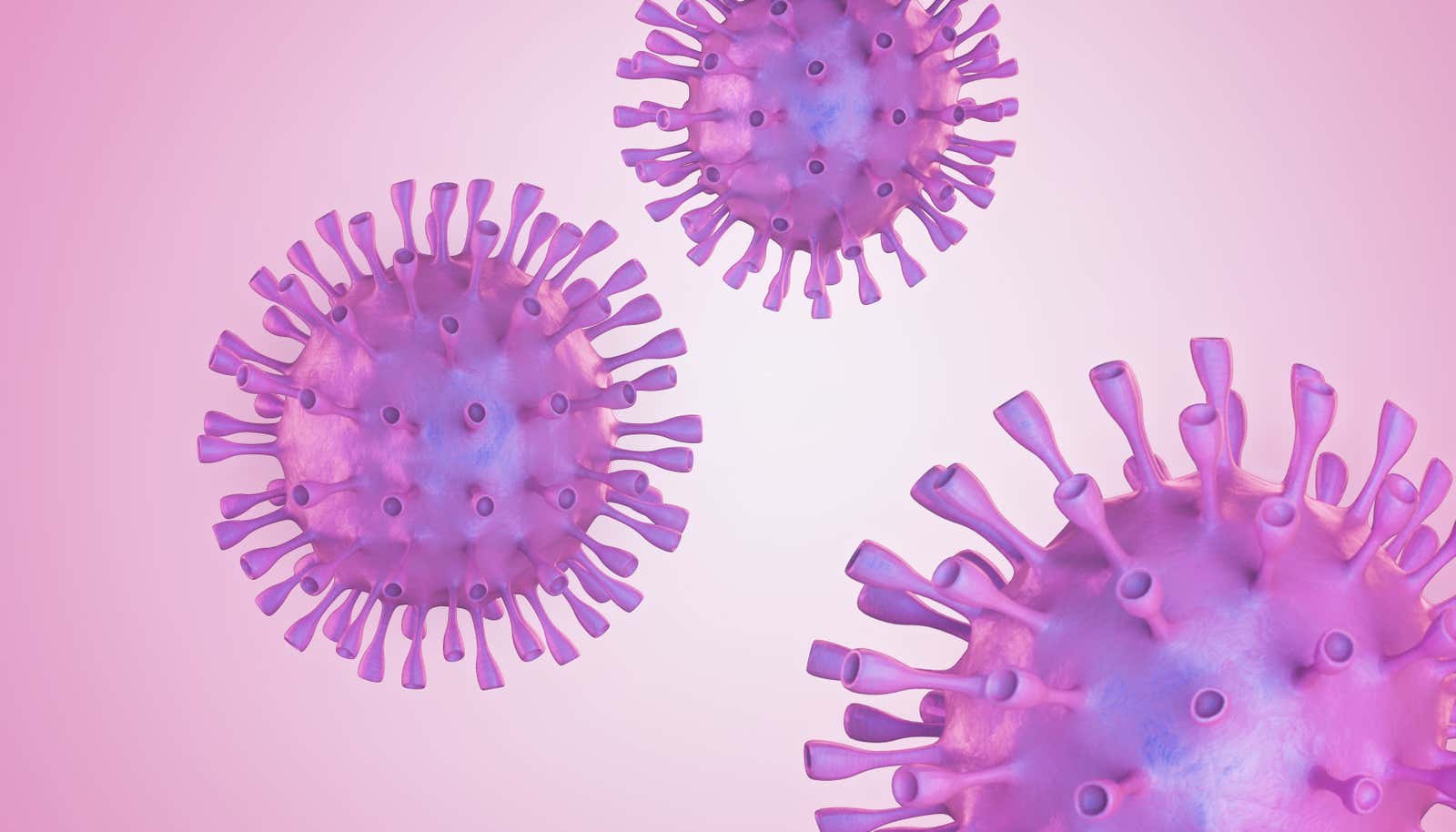How to Know Who Is Full of Shit When They Talk About Coronavirus

There is a lot of information and misinformation about COVID-19. But I found that there is one trait that separates real experts from charlatans and attention seekers: if someone speaks with absolute certainty, they are probably writing shit.
This is a new virus
Until December, this coronavirus was unknown to science. If someone tells you that a certain supplement, diet, or something “works” against the coronavirus, they are wrong. None of this has been tested.
Several antiviral drugs are currently being tested , including remdesivir. We don’t have any results yet, and we won’t. Please do not believe any copied letters that say zinc has “proven” to be effective, or that the government is silent about Kratom’s effectiveness. Research has not been carried out; they simply could not be fulfilled.
Health departments around the world have been watching China since they first dealt with the disease quickly and effectively. If you want, you can read the results of the World Health Organization report on China here . For example, social distancing works well. But there is still no guarantee that what worked in China will work the same everywhere. There are too many factors (biological, social, economic) to predict anything with confidence.
We have never seen such a virus spread throughout the world before.
It also hasn’t spread globally yet, and we don’t know how each country’s health system will be able to deal with it. It doesn’t matter if someone tells you not to worry or predicts an apocalyptic doom, we just don’t know how bad it will be. In fact, it is unfair to compare the death rate or R0 from a completely new, still expanding pandemic with a disease like influenza or measles, which is widespread throughout the world and from which many people are already vaccinated.
Real experts continue to update their interpretation of the situation. I haven’t seen real epidemiologists, virologists, or public health experts say one thing and stick to it. They emphasize that we learn as we go, make judgments when necessary, and continually update our understanding of disease.
In fact, change is good.
As the situation develops, you want the recommendations to change. Before the outbreak hits your country, it will be wise for people to wash their hands and for healthcare professionals to figure out what to do if they see the first case of coronavirus for the first time.
When there are multiple cases, it makes sense to trace the contacts of each sick person and consider these people as at risk of contracting the disease, with other people still washing their hands and preparing, but not worried.
And then, when there are enough cases in a country or community where you can’t track every one of them, social distancing starts to make a lot of sense. This is the stage we are now entering, in the United States.
So first we were told to wash our hands and not worry; then everyone attached great importance to a few cases; and now everything is suddenly canceled? Yes, and it should be so.
In changing times, it can be comfortable to see someone sticking to the same message no matter what. But the response changes as the situation develops, so change is good. Even if some of the information you receive seems to be reliable, check it with the freshest sources ( such as WHO ) to make sure it is still up to date.